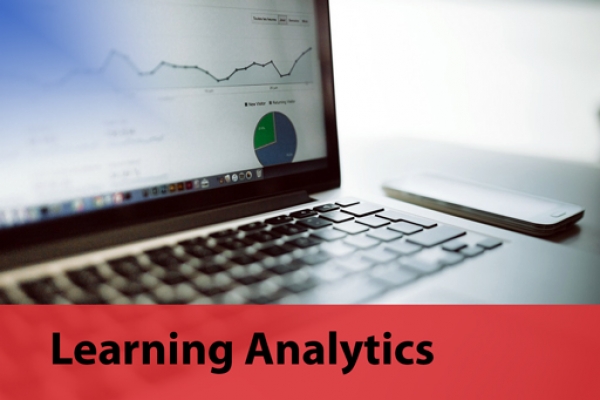Learning analytics
Learning analytics
The evolution of Learning Analytics (LA) is based on the fast-growing area Technology-Enhanced Learning (TEL) research. The major drivers of LA are the Big Data ("datasets whose size is beyond the ability of typical database software tools to capture, store, manage and analyse"), the online learning and the increasing political/economical demand for measuring, interpreting and improving performance of educational institutions. The field of LA originates from the disciplines of Educational Data Mining (EDM), Academic Analytics, Web Analytics, Social Network Analysis or Business Intelligence (BI) (Ferguson, 2012).
A first definition of LA "is the use of intelligent data, learner-produced data, and analysis models to discover information and social connections, and to predict and advise on learning (Siemens, 2010). The emergence of LA as a field in its own right concentrates international discussion between researchers (Dyckhoff et al., 2012). Around 2011, the researchers’ community delivers the first international Conference on Learning Analytics and Knowledge (LAK 2011) and formulates the Society for Learning Analytics Research (SoLAR). A working definition of LA based on the international discussion "is the measurement, collection, analysis and reporting of data about learners and their contexts, for purposes of understanding and optimizing learning and the environments in which it occurs".
The general objective of LA is to capture learning behaviors in order to decode, interpret and support learning process. The outcome of LA application can be a valuable tool:
- for instructors/ teachers: to provide interpretation of students’ progress
- for students: to deliver feedback on their progress
- for administrators: to deliver information about the course and management data (grades, status, progress)
References
- Dyckhoff, A. L., Zielke, D., Bültmann, M., Chatti, M. A., & Schroeder, U. (2012).Design and Implementation of a Learning Analytics Toolkit for Teachers. Educational Technology & Society, 15 (3), 58–76.
- Ferguson, R.(2012). Learning analytics: drivers, developments and challenges. International Journal of Technology Enhanced Learning, 4(5/6) pp. 304–317.
- Siemens, G. (2010). What are Learning Analytics? Retrieved July 29, 2011, from http://goo.gl/LPrBa
Warning: count(): Parameter must be an array or an object that implements Countable in /home/486212.cloudwaysapps.com/bmcahnqrrr/public_html/templates/gk_events/html/com_k2/templates/default/item.php on line 236






